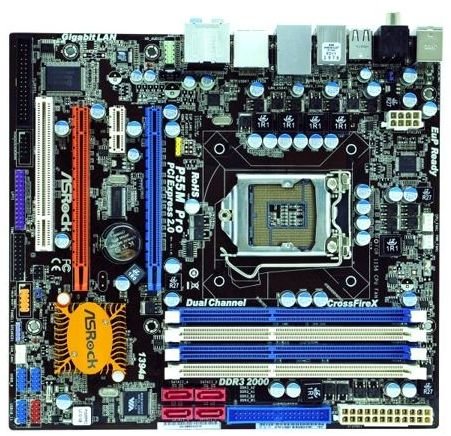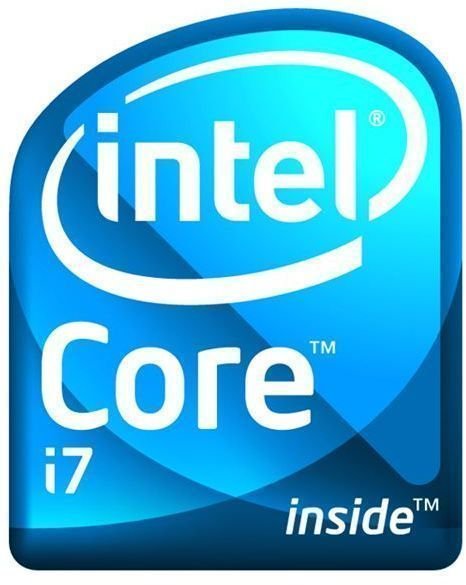Intel Core i7 920 vs i7 860: Which is Faster?
About the Numbers
Intel’s newest processors are being spread across a wider range of branding than ever before. The Nehalem architecture processors are being placed into the Pentium, Core i3, Core i5, and Core i7 brands. In theory, this differentiation in branding should make it easier to understand which product does what.
As is often the case, however, the marketing people don’t seem to be on the same page as the engineers. The Core i7 920 and the Core i7 860 is a classic case.
Core i7 920 vs Core i7 860: The Processor
The Core i7 920 is, if you trust the branding, the faster processor. It is branded with a higher number (which generally indicates a faster processor). However, even a quick glance at clock speeds will tell you that something strange is afoot because the Core i7 920 is clocked at 2.66Ghz while the Core i7 860 is clocked at a slightly faster 2.8Ghz.
It doesn’t end there. The Nehalem processors are complex beasts largely due to the Turbo Boost feature, which increases processor clock speed dynamically based on the number of cores in use and the temperature of the processor. The Core i7 860 has a peak turbo boost speed of an impressive 3.46Ghz, while the Core i7 920’s turbo boost speed is limited to a maximum of 2.93Ghz.
That’s the only major performance difference between the processors themselves, but it is a big one. The Core i7 860 does generally outperform the Core i7 920 in every test. Tests involving heavily multi-threaded applications tend to be close because all four cores are active, negating some of the i7 860’s turbo boost advantage. When using programs which only heavily tax one or two cores, however, the Core i7 860 is undoubtedly faster. Since most programs do tend to tax one or two cores heavily rather than all four, the Core i7 860 is going to be faster for most users.
Core i7 920 vs Core i7 860: The Platform

While the Core i7 920 and Core i7 860 use the same basic architecture, they use different sockets. The Core i7 920 is an LGA1366 processor for X58 motherboards. The Core i7 860 is a LGA1156 processor for P55 and H series motherboards.
There are two main differences which result from this. One is that the Core i7 920 will be used with tri-channel memory, while Core i7 860s will be used with dual-channel memory. Tri-channel needs to be paired in groups of three for optimum performance, rather than the traditional two. Tri-channel memory offers higher theoretical memory bandwidth, but I’m not aware of any commonly used program which can take advantage of this.
The other difference is that X58 motherboards have enough PCI bandwidth to handle two video cards running at full 16x PCI-Express speed, while P55 motherboards do not. Most P55 motherboards will instead split the PCI-Express lanes when two video cards are mounted into a 8x/8x configuration. This reduction is not as dramatic as it sounds and does not mean the video cards will be running at half speed. There is, however, a measurable difference. Two video cards running on an X58 motherboard will likely have a roughly 10% performance advantage over two video cards on a P55 motherboard.
These benefits both favor the Core i7 920, but there is a price. The X58 motherboards are on average more expensive than P55 motherboards. While a quality P55 motherboard can be found for around $100, most decent X58 motherboards are closer to $150. Also, the need to use tri-channel memory makes buying memory more expensive overall since you’ll be buying in sets of three instead of sets of two.
Core i7 920 vs Core i7 860: Verdict
These are not the only differences between the i7 920 and i7 860, but they’re the ones which are by far the most important.
The clear winner of this battle is the Core i7 860. The Core i7 920 is plenty powerful, but the i7 920’s less aggressive turbo boost feature puts it at a disadvantage is many situations.
Worse for the i7 920, the i7 860 is generally cheaper to buy. The i7 920 tends to run at around $290, while the i7 860 is usually about $280. That’s only $10, but remember, the motherboards and memory for the Core i7 920 are more expensive as well. Once those are added in, a Core i7 920 based system will be $50 to $100 more than a comparable Core i7 860 system.
There are niche users who might prefer the i7 920 system. Gamers who use multiple video cards are one example. For most, however, the Core i7 860 is the better processor.
